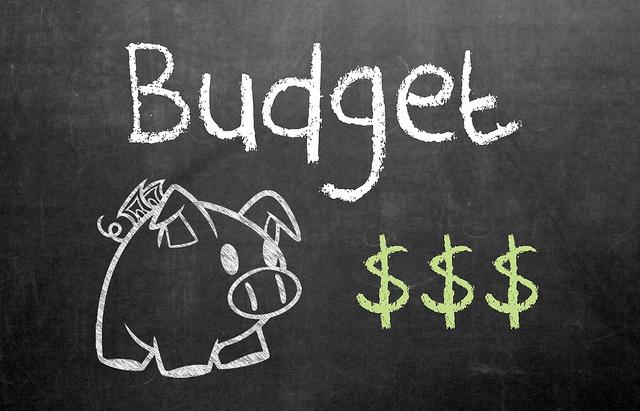
Come back with me to a wonderful time when the Cold War had been won and Australia was cashing in the peace dividend. Spend money on the military? Naaah! Squeeze ’em.
The release by the National Archives of the 1994 and 1995 cabinet records of the Keating Labor government is our annual compare and contrast moment. This is defence, so, as always, start with the money. The archives show that the ‘peace dividend’ moment in the mid-1990s was when Canberra really started to argue about what’s since become a totemic issue: whether Defence should get 2% of GDP.
Labor Defence Minister Robert Ray, preparing for the 1994–95 budget, sketched out the tight years Defence would face as it headed down towards that 2% figure.
Defence guidance was reduced in real terms by 0.75% or $71m in the 1993–94 Budget, compared with the funding provided in 1992–93. In addition, Defence guidance is to be reduced by a further 0.5% in each of the following three years … On current projections, these reductions will result in Defence outlays declining from 2.4% to 2.0% of GDP by 1996–97.
Cabinet’s 1994 budget decision embraced the Defence squeeze: a repeated cut of 0.5% over three financial years, and ‘zero per cent real growth after that’. Behold the dawn of what’s become a magic and maddening figure: 2% of the Oz economic pie. The argument seems to have gone on for decades—because it has! The fight still rages. Here’s ASPI’s Mark Thomson—we value him as our Mr 98% because he has to follow that other 2%—with recent musings on the status of the totem, in the 2017 budget (we’re now on track to reach 1.9% of GDP, though from below this time).
The trouble with a peace dividend is you can cash it in only once—just like that proverbial government dollar that is spent only once.
As the Labor government finalised the 1994 defence white paper, it confronted a set of conflicts between its strategic vision (diminishing US influence and rising Asian powers), the equipment shopping list, and the money squeeze.
The Keating government wanted to buy more defence with less money. Labor ran head-on into the law/lore laid down by the defence mandarin Arthur Tange (as oft cited by Paul Dibb): ‘Strategy without money is not strategy.’
In October 1994, Ray’s cabinet submission on the white paper, Defending Australia, flagged the need to start finding additional dollars quickly if the spend wasn’t to keep falling below 2% (an extra $320 million in 1996–97 and even more for 1997–98: $830 million).
Cabinet squibbed it, deciding that ‘defence funding [will] be sustained at approximately 2% of GDP to fulfil the objectives set out in Defending Australia’. That squib phrase ‘at approximately’ has launched a thousand arguments.
The Defence line, in Ray’s submission, was about both history and need:
Since the 1987 White Paper, defence spending as a share of Government outlays has fallen from 9% to 8%. In 1986–87, defence spending was 2.6% of GDP. In 1994–95 it is estimated at 2.1%. On present planning, defence spending in real terms will fall by 0.5% in each of the next two years and remain steady thereafter. On that basis, by 1996–97 defence spending in real terms will have fallen below 2% of GDP for the first time since the 1930s. The average annual level of defence spending over the past thirty years has been 2.4% of GDP.
The comment to cabinet from the prime minister’s department was masterly squib-speak. PM&C vaguely liked the 2% idea—but not yet, and with plenty of provisos. It agreed that a benchmark figure of ‘around 2% of GDP’ had ‘some merit as a sign of the Government’s commitment to Defence over the medium term’. But qualifications on such a commitment included specific defence needs, strategic and economic circumstances, and the rate of economic growth. And PM&C ‘does not consider that the argumentation in the white paper [is] sufficiently strong as to justify a commitment now to a return to real growth in the defence budget in the forward estimate period’.
No squibs from Treasury. It attacked. Treasury stated that it was
opposed to setting future defence funding at some arbitrary percentage of Australia’s GDP. Such a way of determining defence spending has no relation to our capacity for such spending or our need for such spending. Expenditure on defence outlays should be directly related to Australia’s defence capability requirements. The Defence white paper does not identify any particular deficiencies in current capabilities which warrant a real increase in spending at this time.
The 2% totem has been a tough task ever since.